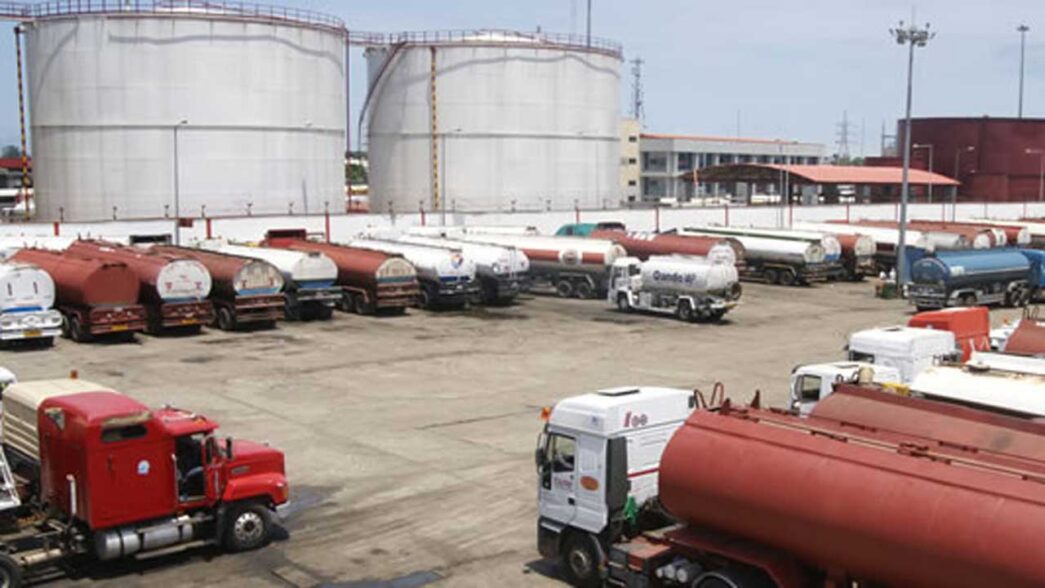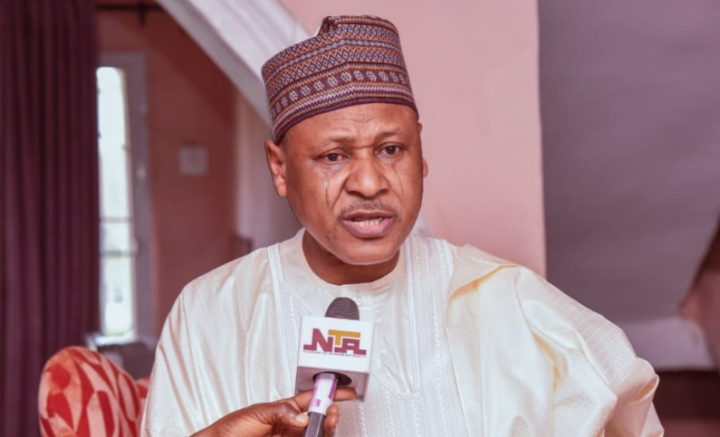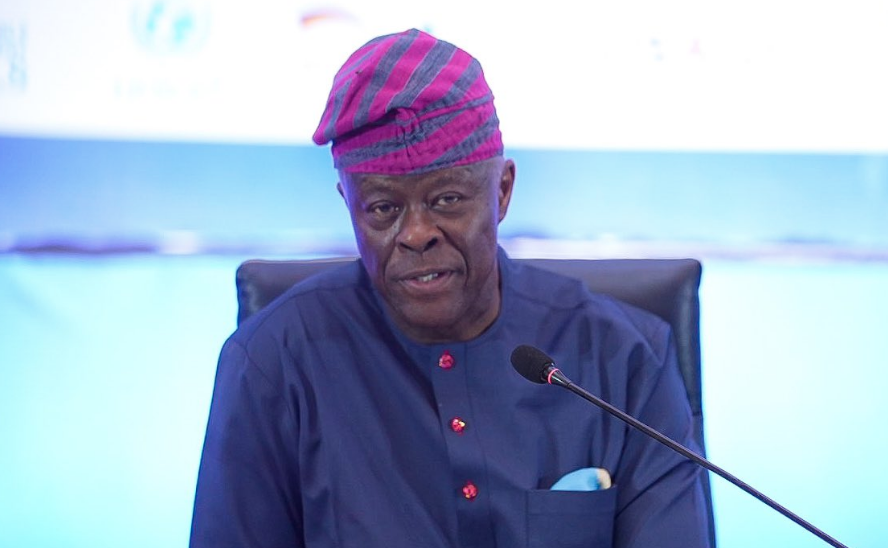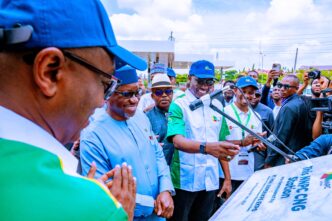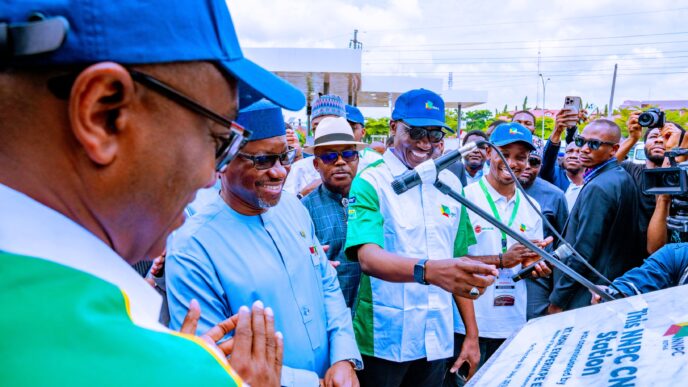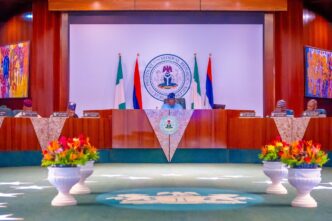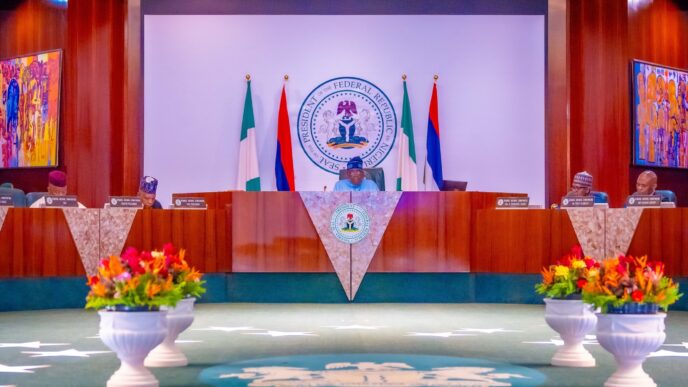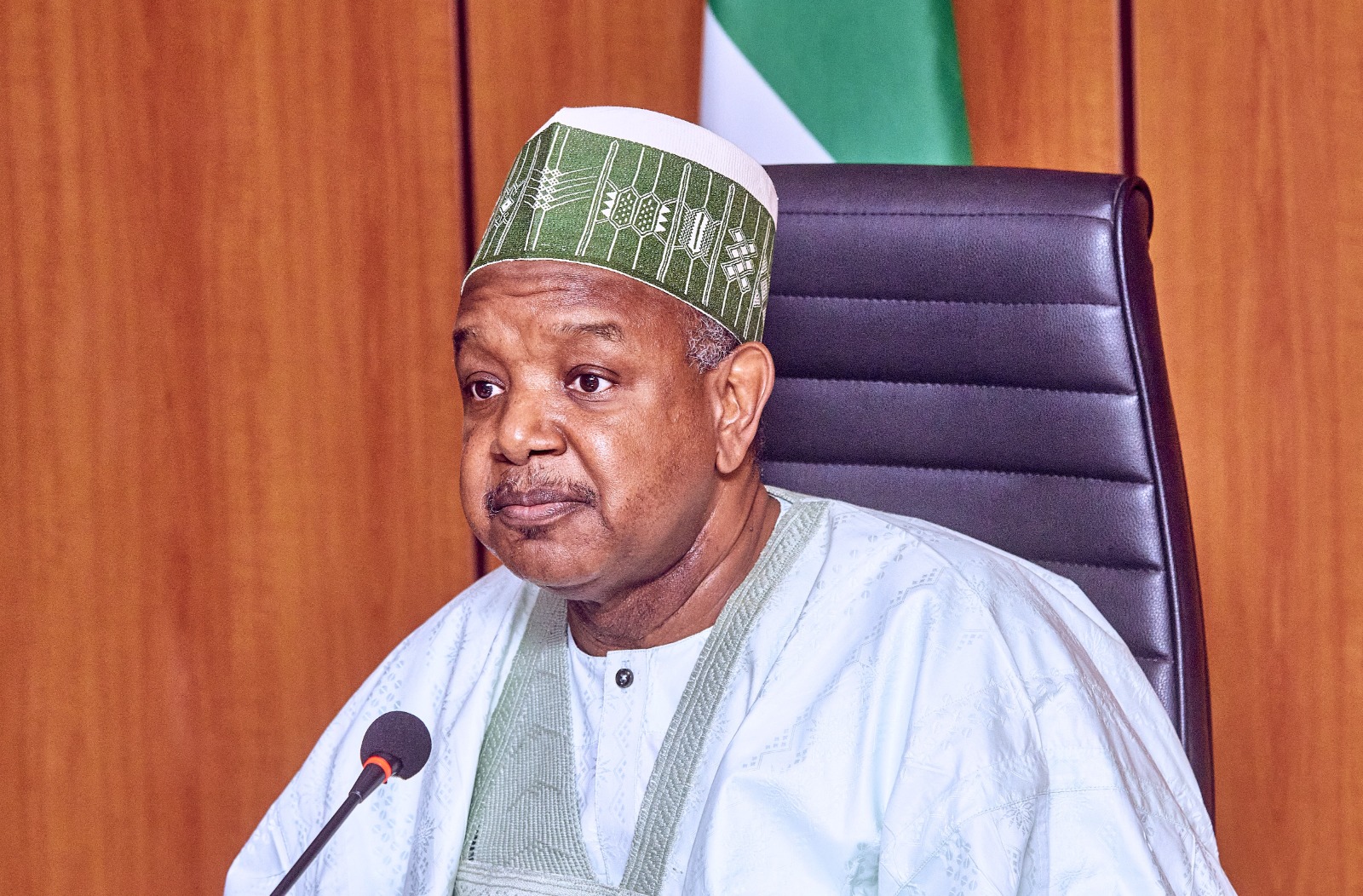Nigeria’s debt to petrol suppliers has surpassed $6 billion, doubling since early April, Reuters is reporting.
According to the report on Thursday, the development comes as the Nigerian National Petroleum Company (NNPC) Limited strives to cover the gap between fixed pump prices and international fuel costs.
The report noted that the NNPC started struggling early this year when late petrol payments were over $3 billion.
“The company has still not paid for some January imports, traders said, and the late payments amount to $4 billion to $5 billion,” the publication said.
Advertisement
Under contract terms, the report said the NNPC is obligated to pay within 90 days of delivery.
“The only reason traders are putting up with it is the $250,000 a month (per cargo) for late payment compensation,” an industry source told Reuters.
According to sources, at least two suppliers have already withdrawn from current tenders after reaching their self-imposed debt exposure restrictions to Nigeria.
Advertisement
This means they would not provide any more petrol unless they are paid, Reuters added.
“Traders thrive in risky environments, but they place limits on how much credit they allocate per trade in order to avoid too much exposure on one borrower. These limits vary by company based on their size and where they operate,” the publication said.
Nigeria’s tenders to buy petrol in June and July were consequently smaller, traders told Reuters.
Two sources said the NNPC will import about 850,000 tonnes in July via tender — down from the typical 1 million tonnes in previous months.
Advertisement
President Bola Tinubu had announced the removal of the petrol subsidy when he took over in May last year, saying “its ever-increasing costs” could no longer be justified “in the wake of drying resources”.
Prior to the removal, the federal government had said it would spend up to N3.3 trillion on petrol subsidy between January and June 2023.
Petrol subsidy has remained a controversial issue in Nigeria as spending continues to deplete the country’s revenue. But the removal has since worsened the living conditions of Nigerians as petrol prices, coupled with a weak currency have stoked inflation to unbearable levels.
While there are speculations that subsidy has been reintroduced partially, the federal government has dismissed the claims on many occasions.
Advertisement
Add a comment

